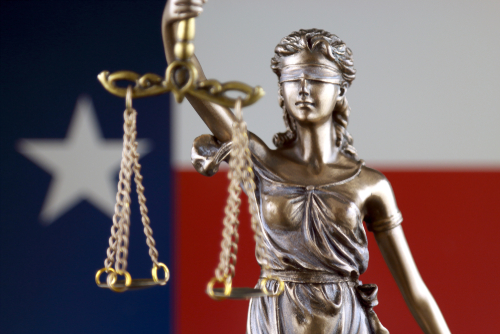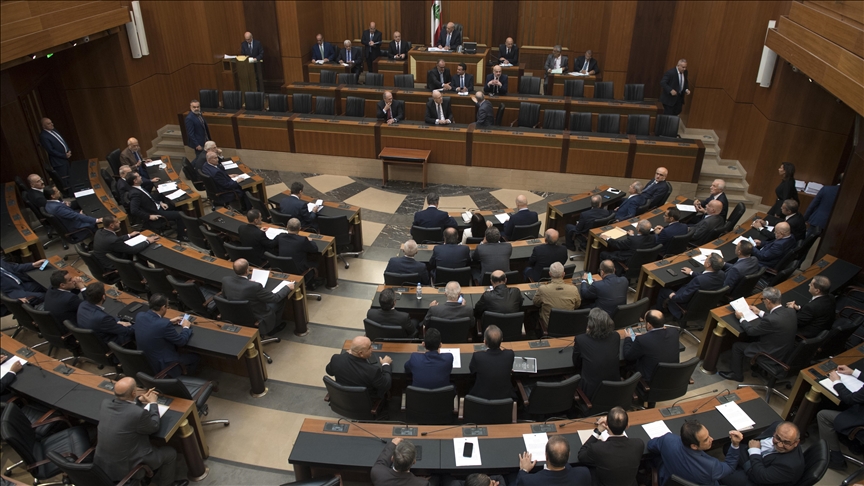Tort Regulation
Attorney statements in press release are not protected by judicial proceedings privilege, prime Texas court principles

Graphic from Shutterstock.
The Texas Supreme Court docket ruled Friday that lawyer statements about a client’s allegations made in a push launch and social media are not guarded by the judicial proceedings privilege or lawyer immunity.
The Could 21 courtroom selection revives a defamation lawsuit filed by the Landry’s restaurant firm against the Animal Authorized Protection Fund, Law360 experiences.
Landry’s sued about statements created by the fund about the treatment method of 4 white Bengal tigers housed at the Landry-owned Downtown Aquarium cafe in Houston.
“Although attorneys frequently make publicity statements for their purchasers, wrapping these statements in an absolute privilege would unreasonably protect lawyers from liability for defamatory statements that would be actionable if uttered by anybody other than an legal professional,” the Texas Supreme Court claimed.
“Attorneys who make these statements outside a judicial proceeding have a lot of possible defenses to defamation legal responsibility, but the judicial-proceedings privilege and lawyer immunity are not between them,” the state supreme court additional.
The defamation accommodate was submitted by Landry’s Inc., proprietor of the Downtown Aquarium in Houston wherever the four white Bengal tigers stay. Landry’s sued soon after the Animal Legal Protection Fund publicized its 60-day discover of intent to sue for violations of the Endangered Species Act in a press launch that criticized the tigers’ ailments. The fund also posted on Facebook and tweeted about the tigers.
The judicial proceedings privilege safeguards statements made in open up court, depositions, affidavits and other court docket papers.
“Statements to the media, by definition, are not produced in a judicial proceeding,” the condition supreme court docket reported.
Statements manufactured just before a fit is submitted can be privileged if they are communications that are themselves preparatory to filing accommodate. But the media statements don’t qualify, the condition supreme court stated.
Attorney immunity is an unbiased privilege that safeguards legal professionals from legal responsibility to nonclients. The privilege attaches when lawyers act on behalf of their clients in a “uniquely lawyerly ability,” the court docket reported. Publicity statements are not protected since they can be designed by any one, such as press agents and spokespeople, the court reported.
The point out supreme court despatched the situation back again to the appeals court to ascertain whether or not Landry’s established its defamation claims.
Aaron Streett of Baker Botts, Landry’s attorney, told Legislation360 in a assertion that Landry’s was “elated and vindicated” by the selection.
“The court’s crucial view clarifies Texas law by establishing that lawyers do not take pleasure in a unique immunity to defame opposing litigants in the press or on social media,” Streett mentioned.
Anthony Eliseuson, the litigation application director for the Animal Authorized Protection Fund, instructed Regulation360 that the group is dissatisfied in the selection, but it appears to be “forward to once again establishing the lone remaining defamation declare is without benefit.”




More Stories
The Georgia runoff looks very tight – politicalbetting.com
The U.S. wants the EU to be strict with China. But Europe can’t afford it
US authorizes another missile sale to NATO hopeful — RT World News